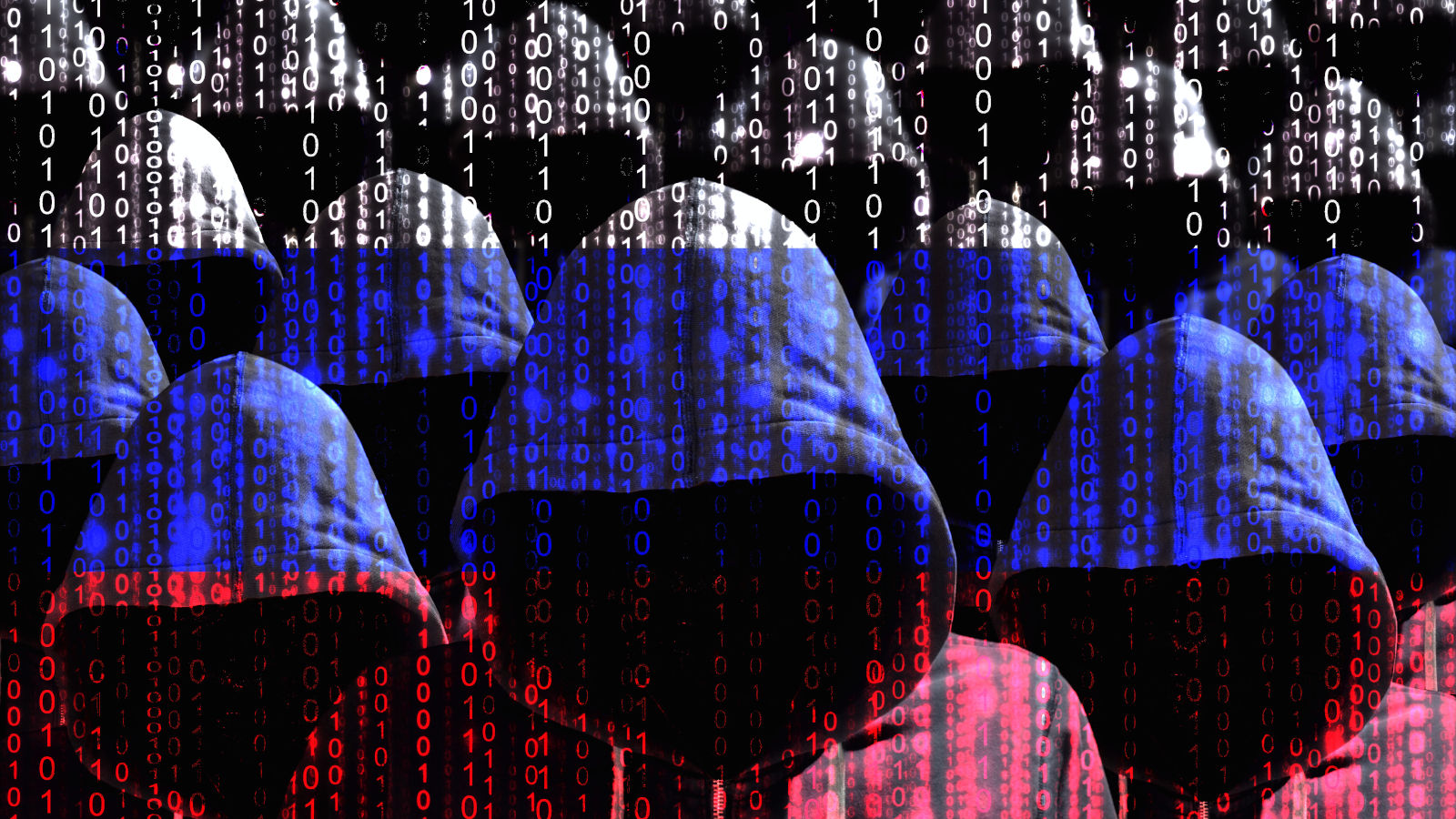
The United States Sanction Russia in Response to Cyberattacks
- The U.S. Treasury has announced a set of “soft measures” against Russia for multiple cyberattacks.
- The announcement concerns financial sanctions and limitations added on top of already existing ones.
- The relations between Russia and the United States are entering a cold phase once again.
Back in February, U.S. President Joe Biden held a speech at the State Department, warning the Russian state to stop the hacks immediately or get ready for escalation. Putin never admitted to having any involvement in the Sunburst attacks that went so deep in the American intelligence, but officially, the US held them accountable without a doubt.
The same applies to election interference, which Moscow also denied. Now, the U.S. Department of Treasury has come forth with an announcement of a set of sanctions against Russia, so the Biden administration has finally delivered on the bashing promise.
Here’s a summary of the sanctions announced:
- All U.S. financial institutions will be prohibited from participating in Russian bond investments.
- The following Russian companies will be added to the “entity list”: ERA Technopolis; Pasit, AO (Pasit); Federal State Autonomous Scientific Establishment Scientific Research Institute Specialized Security Computing Devices and Automation (SVA); Neobit, OOO (Neobit); Advanced System Technology, AO (AST); and Pozitiv Teknolodzhiz, AO (Positive Technologies).
- 21 Russians who are thought to be involved in various operations carried out by the FSB, SVR, and the GRU will have their U.S. property and interests blocked, even those possessed or controlled or co-owned by others.
- 10 officials from Russia’s diplomatic mission in the United States will be expelled.
The immediate effect on the above is expected to be a broader slow-down in investments going in the Russian market, a slow-down in Russian’s growth rate, a rise in the inflation rate, and a rise in borrowing costs. Obviously, the relations between the United States and Russia are entering a dark phase in modern history, and it’s hard to see the light at the end of the tunnel.
That is especially when considering that the two presidents discussed a range of matters over the phone two days before the sanctions were announced, so we can only assume that the call didn’t yield anything dispelling.
Tim Wade, CTO at Vectra, shared the following comment with us:










